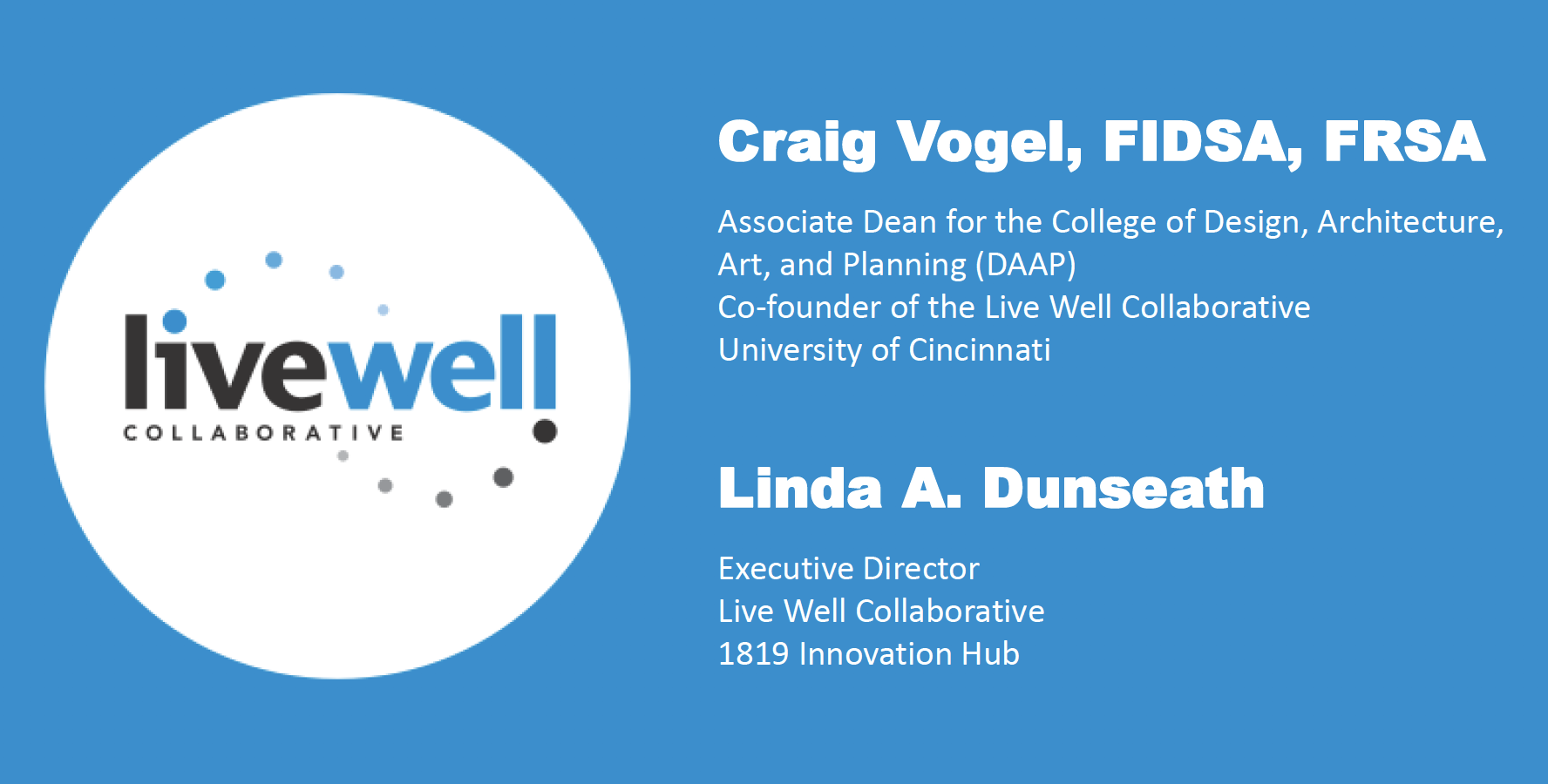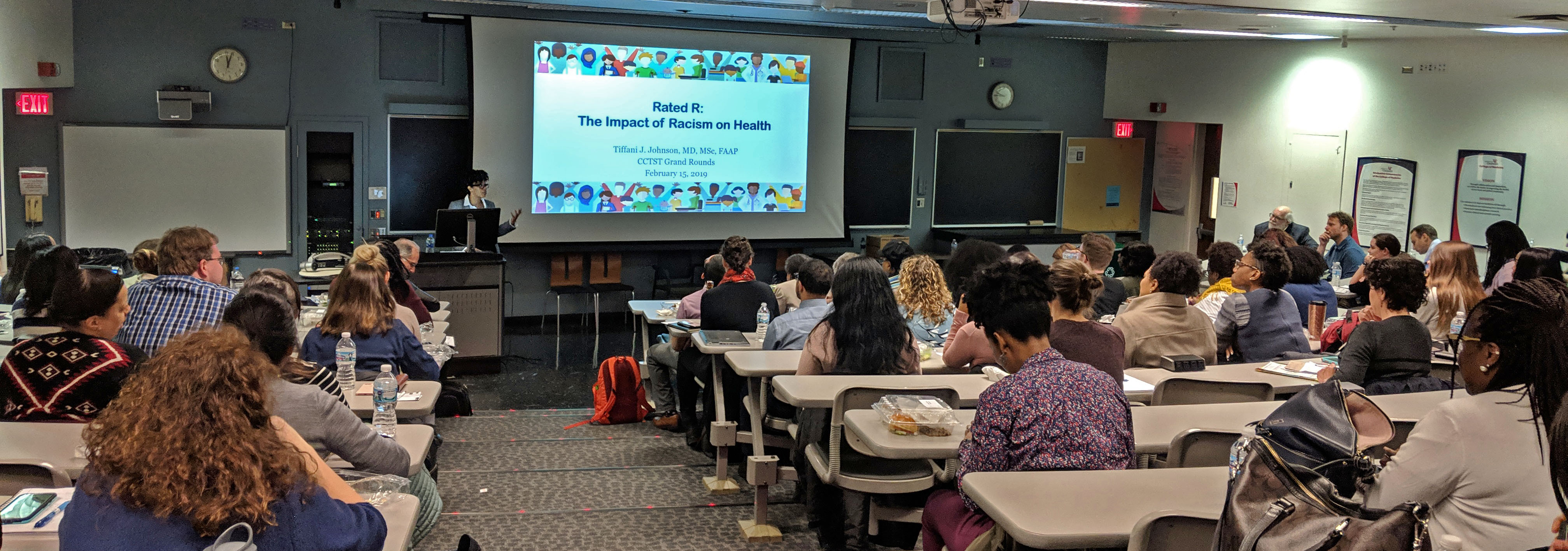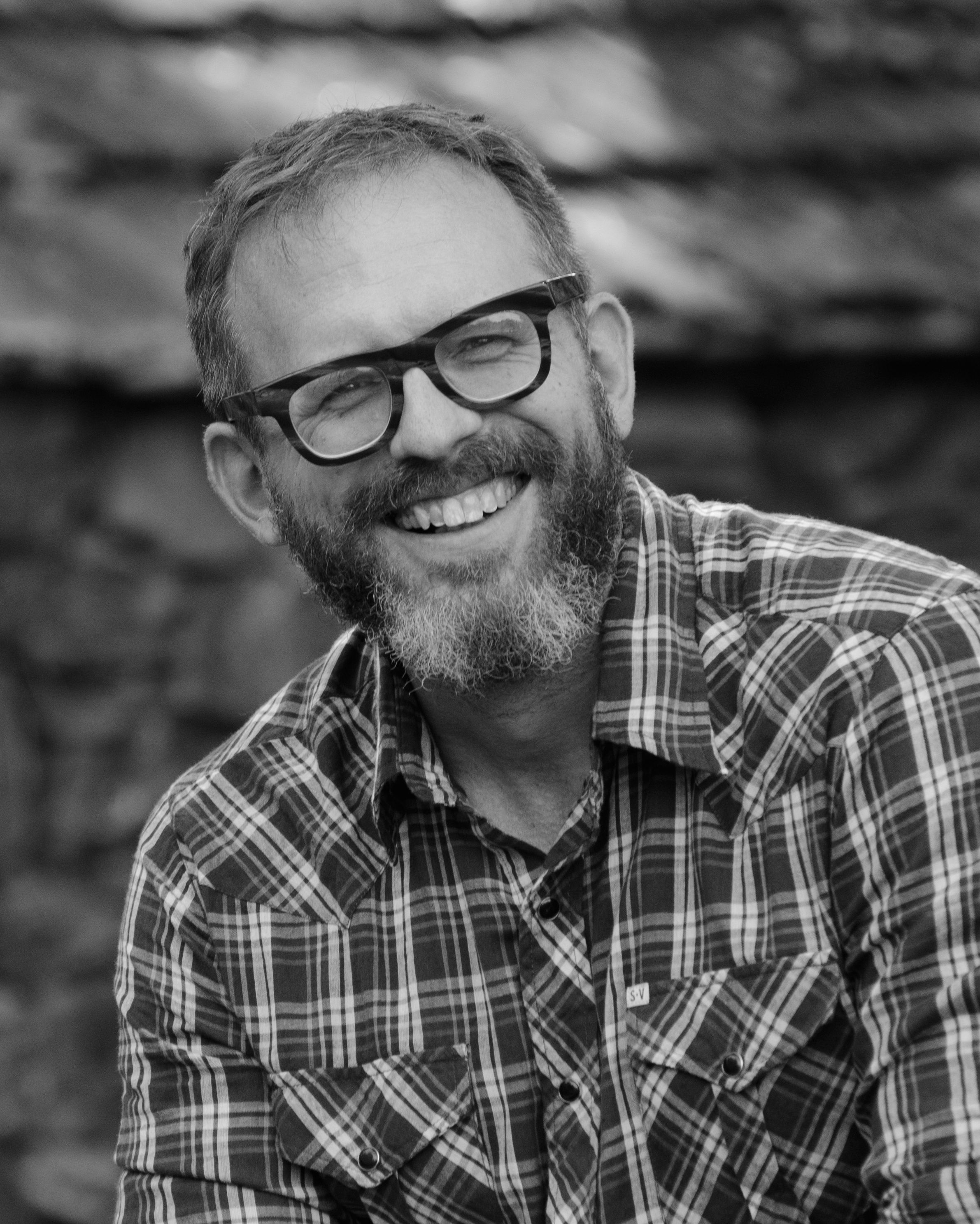On Friday, February 3, 2023 the CCTST is hosting Dr. Carolette Norwood, PhD, MA for a Grand Rounds entitled, “Black Doctors and the Jim Crow Health Infrastructure of Cincinnati”.
Dr. Norwood’s talk will chronicle the history of Black physicians in Cincinnati; the racism they encounter in the profession and the advocacy they undertook in the community.
Dr. Norwood is professor and department head of Sociology and Criminology at Howard University. Dr. Norwood is a Black feminist sociologist whose research explores the implications of violence (structural, spatial, and interpersonal) at the intersections of race, gender, class, sexuality, and space on reproductive and sexual health injustice for Black women. Dr. Norwood’s research on Black women’s economic mobility and reproductive (in)justice in Cincinnati collectively informs her first book project tentatively entitled, Jim Crow Geographies: Mapping the Intersections of Poverty, Gender, Race, and Sexuality in Urbane Space, under contract with Columbia University Press.
This off-cycle Grand Rounds event is co-sponsored by UC’s Office of Clinical Research Education Committee for Clinical Research Professionals and will be offering continuing education units. To register for Dr. Norwood’s presentation, please click here.
CCTST Grand Rounds is a monthly virtual seminar series showcasing best practices in clinical and translational science. Recordings from past Grand Rounds presentations can be found on CTRonline.












